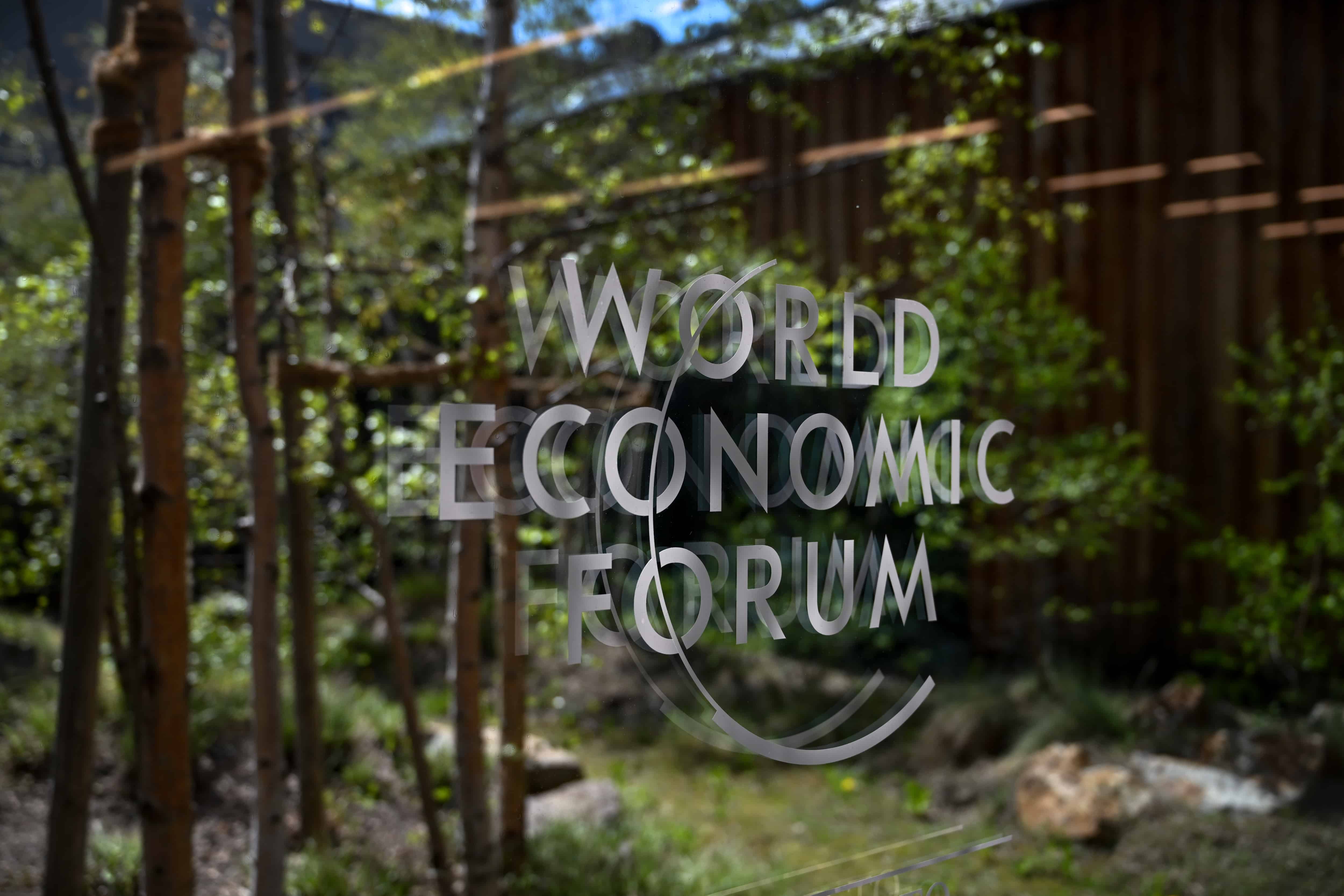Dubai, UAE— Saudi Arabia’s Finance Minister Mohammed Al-Jadaan said the Middle East needs a strong Saudi Arabia to contribute and that the future outlook looked positive despite recent shocks.
The minister was speaking at Davos in a session titled “Saudi Arabia: Continuing Efforts towards a More Sustainable Economy”. Al-Jadaan said that despite recent shocks, the future outlook is still positive because “over the past seven years, we have strengthened the method of managing public finances with greater efficiency and a lower budget deficit, and we have worked to diversify the economy, because the gross domestic product “Non-oil is our focus.”
Al-Jadaan added that oil’s contribution to the Kingdom’s GDP dropped from 70 percent to 35 percent. He also mentioned that oil prices were around US$ 100 per barrel and export volume was 11 million barrels per day when the 2023 budget was announced. By 2023, oil prices were 23 percent lower and production 17 percent lower.
From his side, Saudi Minister of State for Foreign Affairs and Climate Affairs Envoy Adel Al-Jubeir said the kingdom is looking for alternatives to fossil fuels and wants to buy more. He mentioned that the kingdom has experimented with solar energy, having two cities run on it for 40 years, and is a significant investor in wind and other energy sources.
The kingdom seeks to “link green energy to European and other markets,” Al-Jubeir said. “This is the prosperous future, and we want to profit from it.”
On the fourth day of the World Economic Forum 2024 global leaders and policymakers in Davos met to address pressing economic and geopolitical issues.
Ajay Banga, president of the World Bank noted that the Middle East area is on track to have its lowest growth rate in 30 years in the first half of this decade, demonstrating that peace is often necessary for growth.
Banga also cited poverty, prosperity, and climate change as global issues that must be addressed to boost the economy. He said climate and climate change are significant long-term challenges, linking them to youth and job possibilities.
During a panel discussion, the Prime Minister of Iraq, Mohammed Shia al-Sudani, outlined the country’s economic aspirations. As part of a three-year budget plan, Iraq aims to reduce its dependence on oil revenue from 95 percent to 80 percent, showcasing a commitment to diversifying its economic base.
Qatar’s Finance Minister, Ali Al Kuwari, stressed the urgency of finding a non-military solution to the conflict in Gaza. Speaking on the sidelines of the World Economic Forum, Al Kuwari emphasized the importance of addressing the root cause, the Palestinian problem, for long-term stability in the Middle East. He warned that unresolved issues could lead to cycles of violence and unrest, negatively impacting the region’s economies.








